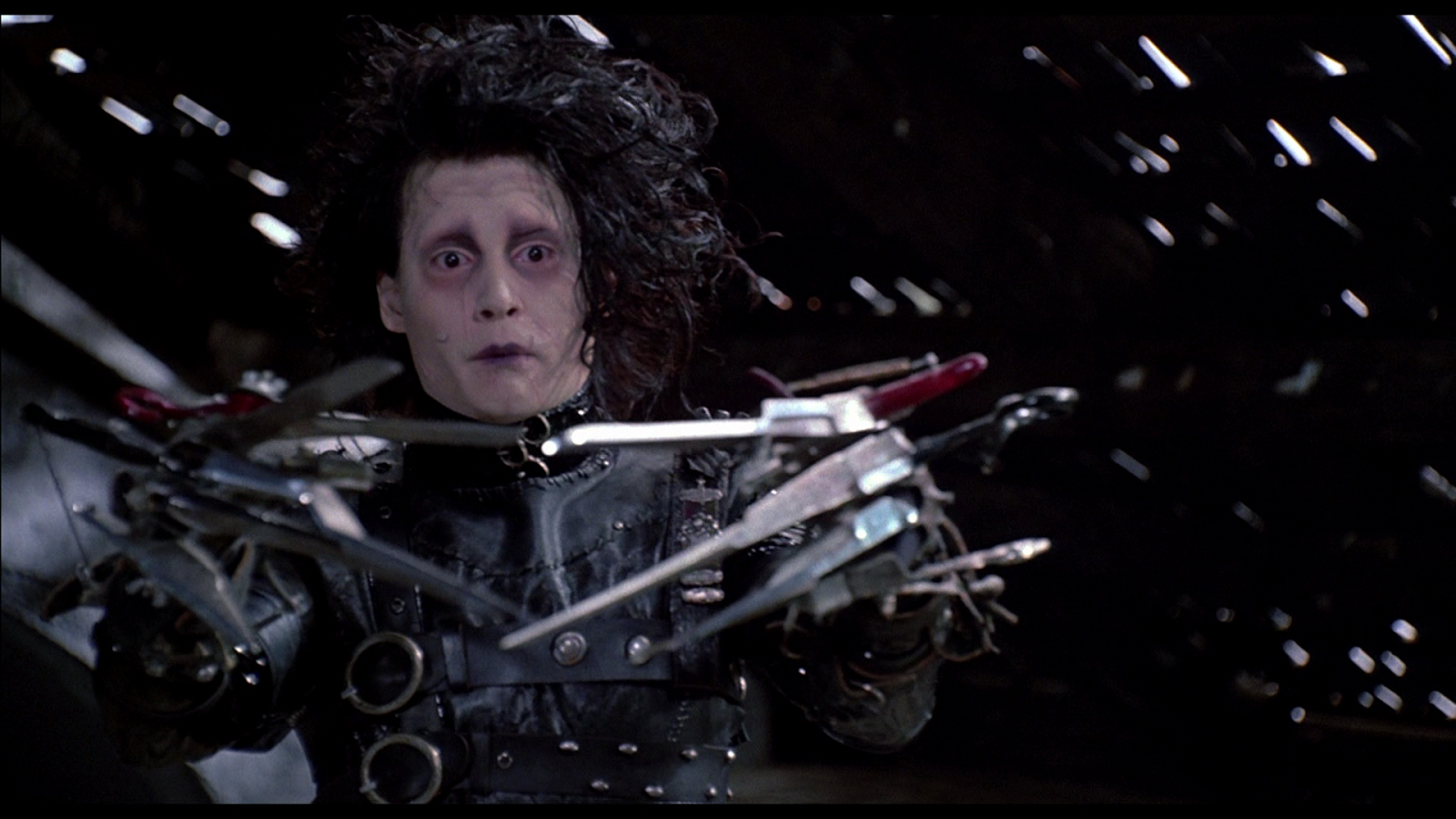Tim Burton, the visionary director behind the cult classic "Edward Scissorhands," has made an indelible mark on the world of cinema. This film, released in 1990, not only showcased Burton's unique aesthetic but also his ability to weave together themes of love, isolation, and acceptance. In this article, we delve into the life and career of Tim Burton, exploring how his distinctive style shaped "Edward Scissorhands" and left a lasting legacy in the film industry.
The film tells the poignant story of Edward, an artificial man with scissors for hands, who struggles to find his place in a world that is both fascinated and frightened by him. Burton's direction brought this tale to life in a way that resonated with audiences, making it a timeless piece of cinema. Throughout this article, we will explore Burton's background, his creative process, and the impact of "Edward Scissorhands" on popular culture and the film industry.
Join us as we take a closer look at Tim Burton's career, his artistic inspirations, and how "Edward Scissorhands" continues to influence filmmakers and fans alike. This comprehensive exploration aims to not only inform but also to celebrate the artistry behind one of cinema's most beloved characters.
Table of Contents
- Biography of Tim Burton
- Early Career and Influences
- The Making of Edward Scissorhands
- Cast and Crew Involved
- Themes and Symbolism in Edward Scissorhands
- Critical Reception and Legacy
- Impact on Cinema and Cultural Significance
- Conclusion
Biography of Tim Burton
Tim Burton was born on August 25, 1958, in Burbank, California. His fascination with storytelling and art began at a young age, influenced by his love for animation and horror films. Burton's unique aesthetic, characterized by whimsical and gothic elements, would later define his career as a filmmaker.
| Full Name | Timothy Walter Burton |
|---|---|
| Date of Birth | August 25, 1958 |
| Place of Birth | Burbank, California, USA |
| Notable Works | Edward Scissorhands, The Nightmare Before Christmas, Batman |
| Occupation | Film Director, Producer, Writer |
Early Career and Influences
Burton's early career began at Disney, where he worked as an animator. His experiences there, combined with his love for gothic literature and horror films, shaped his vision as a director. Burton's short film "Vincent" showcased his unique style and garnered attention, leading to opportunities in feature film direction.
Influences on Burton's Work
- German Expressionism: The use of exaggerated angles and shadows.
- Classic Horror Films: Directors like Alfred Hitchcock and Vincent Price.
- Gothic Literature: Themes of isolation and the macabre.
The Making of Edward Scissorhands
"Edward Scissorhands" was a significant milestone in Burton's career. The film starred Johnny Depp as Edward, whose character embodies the struggle between beauty and monstrosity. Burton's vision blended fairy tale elements with dark humor, creating a unique narrative that resonated with audiences.
Production Challenges
- Budget Constraints: The film had a modest budget, which influenced its production design.
- Casting: Depp's portrayal of Edward was initially met with skepticism but ultimately became iconic.
Cast and Crew Involved
The success of "Edward Scissorhands" can be attributed to its talented cast and crew. Alongside Johnny Depp, the film featured Winona Ryder, Dianne Wiest, and Vincent Price in pivotal roles. Burton collaborated with composer Danny Elfman, whose haunting score added depth to the film's emotional landscape.
Key Cast Members
- Johnny Depp as Edward Scissorhands
- Winona Ryder as Kim Boggs
- Dianne Wiest as Peg Boggs
- Vincent Price as the Inventor
Themes and Symbolism in Edward Scissorhands
The film explores several themes, including the nature of beauty, societal acceptance, and the fear of the unknown. Edward, with his scissor hands, symbolizes the struggle of being different in a conformist society.
Symbolism in the Film
- Scissor Hands: Represents the duality of creation and destruction.
- Snow: Symbolizes purity and the fleeting nature of happiness.
Critical Reception and Legacy
"Edward Scissorhands" received critical acclaim upon its release, praised for its originality and emotional depth. The film has since become a cultural touchstone, often referenced in discussions about identity and acceptance.
Impact on Cinema and Cultural Significance
The film's influence can be seen in various aspects of popular culture, from fashion to music. Burton's distinctive style has inspired countless filmmakers and artists, solidifying "Edward Scissorhands" as a classic in the realm of fantasy and gothic cinema.
Conclusion
Tim Burton's "Edward Scissorhands" stands as a testament to the power of storytelling and the importance of embracing individuality. The film's exploration of love, acceptance, and the beauty of difference continues to resonate with audiences around the world. We encourage readers to share their thoughts on this iconic film in the comments below and explore more about Tim Burton's works.
Thank you for joining us on this journey through the world of Tim Burton and "Edward Scissorhands." We hope to see you back for more insightful articles and discussions about the art of filmmaking.




